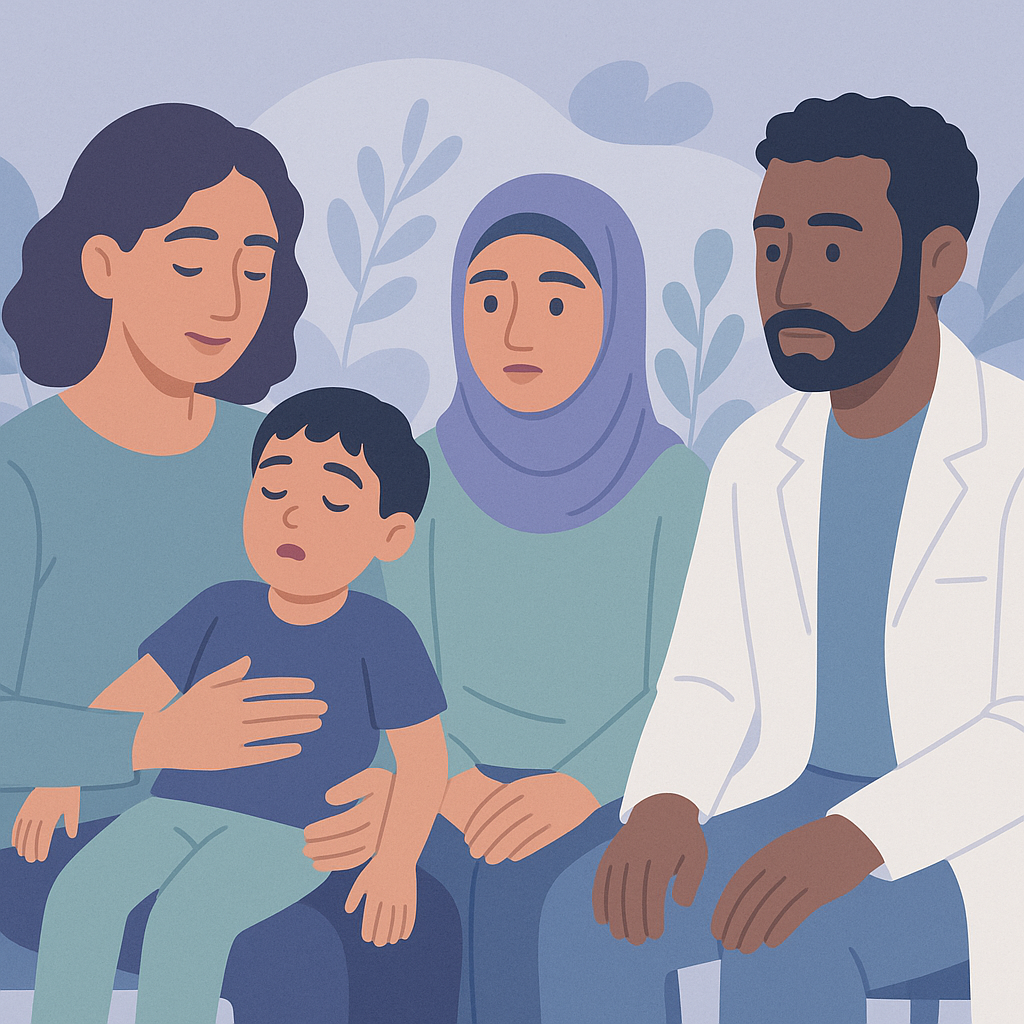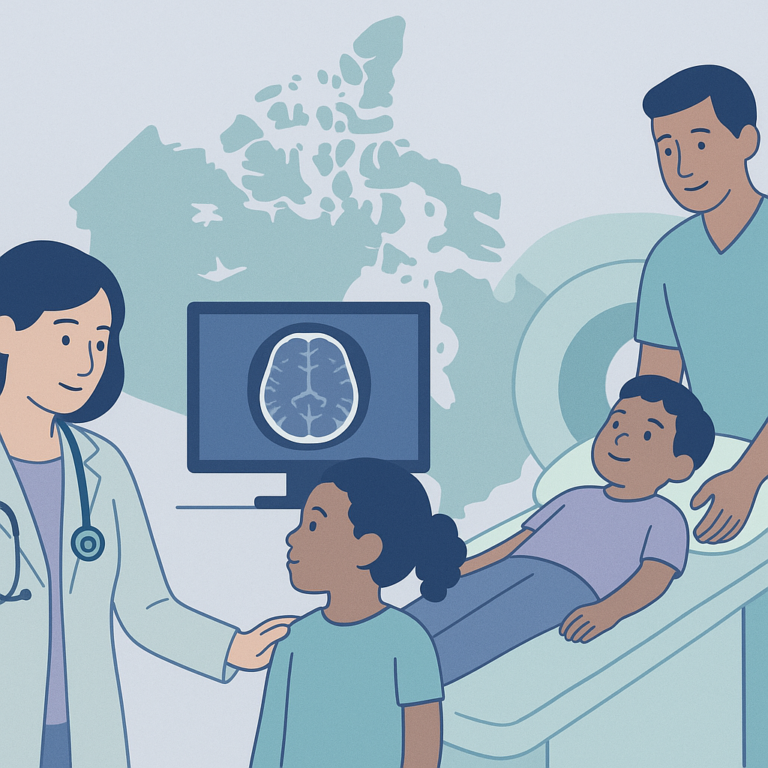Understanding Pediatric Epilepsy Challenges in Palestine
⚠️ Infant dosing/safety: medication and diet decisions for infants require individualized medical guidance.
Source: BMC neurology
Summary
This study looked at pediatric epilepsy in Palestine, focusing on children aged 2 months to 18 years who were diagnosed between 2019 and 2024. Researchers analyzed the medical records of 411 patients from two major pediatric neurology clinics in the West Bank. They gathered information on various aspects of epilepsy, including the types of seizures, causes, other health issues, and treatment methods.
The findings revealed that most of the patients were male, with focal seizures being the most common type. A significant portion of the causes for epilepsy were unknown, while some were linked to genetic or structural issues. Many children received only one type of medication for their seizures, and those without additional health problems were more likely to be treated with just one medication. A small number of patients had drug-resistant epilepsy, and very few underwent surgery or special diets for treatment.
Understanding these findings is important because they highlight the specific challenges faced by children with epilepsy in Palestine, such as limited access to advanced treatments and diagnostic tools. This research can help inform healthcare planning to improve care for these children. However, the study has limitations, including its focus on a specific region and the reliance on medical records, which may not capture all relevant information about each child's condition.
Free: Seizure First Aid Quick Guide (PDF)
Plus one plain-language weekly digest of new epilepsy research.
Unsubscribe anytime. No medical advice.





